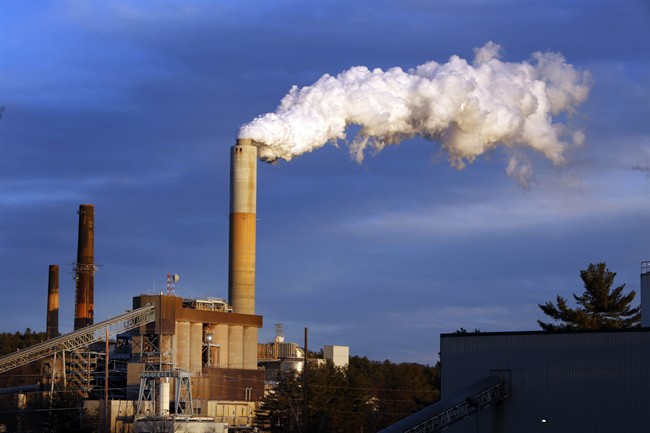A new study from the University of Washington suggests that the risk of psychological distress increased alongside the amount of pollution in the air.

“This is really setting out a new trajectory around the health effects of air pollution,” said Anjum Hajat, an assistant professor of epidemiology in the UW School of Public Health. “The effects of air pollution on cardiovascular health and lung diseases like asthma are well-established, but this area of brain health is a newer area of research.”
WATCH: Ontario will fund health impact study on “Chemical Valley” air pollution

According to the study, which was published in the November issue of Health & Place, air pollution has also been linked to behaviour changes such as spending less time outside and leading a more sedentary lifestyle. These can, in turn, be related to psychological distress or social isolation.
The study examined the connection between toxic air and mental health, using data provided by over 6,000 respondents from a larger, national study, The Panel Study of Income Dynamics. The researchers then merged an air pollution database with records corresponding to the neighbourhoods of each of the 6,000 participants.

Get daily National news
WATCH: New research on air pollution and climate change

A substance called particulate matter measurements was isolated, which is released by car engines, fireplaces, wood stoves and power plants fueled by coal or natural gas. The study found that psychological distress increased as the amounts of particulate matter in the air increased. In areas with high pollution, psychological distress was 17 per cent higher than in areas with low pollution.
On the plus side, air pollution is a health problem with a clear solution, said Hajat.
“We shouldn’t think of this as a problem that has been solved,” she said. “There is a lot to be said for having federal guidelines that are rigorously enforced and continually updated. The ability of communities to have clean air will be impacted with more lax regulation.”
The UW study relied on some 6,000 respondents from a larger, national, longitudinal study, the Panel Study of Income Dynamics. Researchers then merged an air pollution database with records corresponding to the neighbourhoods of each of the 6,000 survey participants. The team zeroed in on measurements of fine particulate matter, a substance produced by car engines, fireplaces and wood stoves, and power plants fueled by coal or natural gas.
- Donald Trump claims B.C.’s ‘very large faucet’ could help California’s water woes
- Canada must speed up progress to hit its 2030 emissions target: report
- U.S. TikTok ban case pits free speech vs. national security. Which will win?
- A final, tragic text from doomed Titan sub revealed at Coast Guard hearing








Comments